Upper West Side
246 Columbus Ave,
Upper West Side, NY 10023
P: (212) 595-4500
F: (212) 595-4578
info@miccasspt.com
Physical Therapy in Upper West Side
Helping You Get Stronger and Back to Life
Personalized Care, One-on-One Attention for Every Patient

Google 5-Star Rating
We are proud to have a 5-star Google rating! This demonstrates our commitment to excellent service and hopefully builds trust with new customers!

Yelp 5-Star Rating
We’re proud to have earned a 5-star rating on Yelp, reflecting our dedication to outstanding service and customer satisfaction. Thank you for your ongoing support!

Facebook 5-Star Rating
Our Facebook 5-star rating is a testament to our exceptional service and commitment to customer satisfaction. Thank you for your continued support!
Top Rated Physical Therapists
in Upper West Side

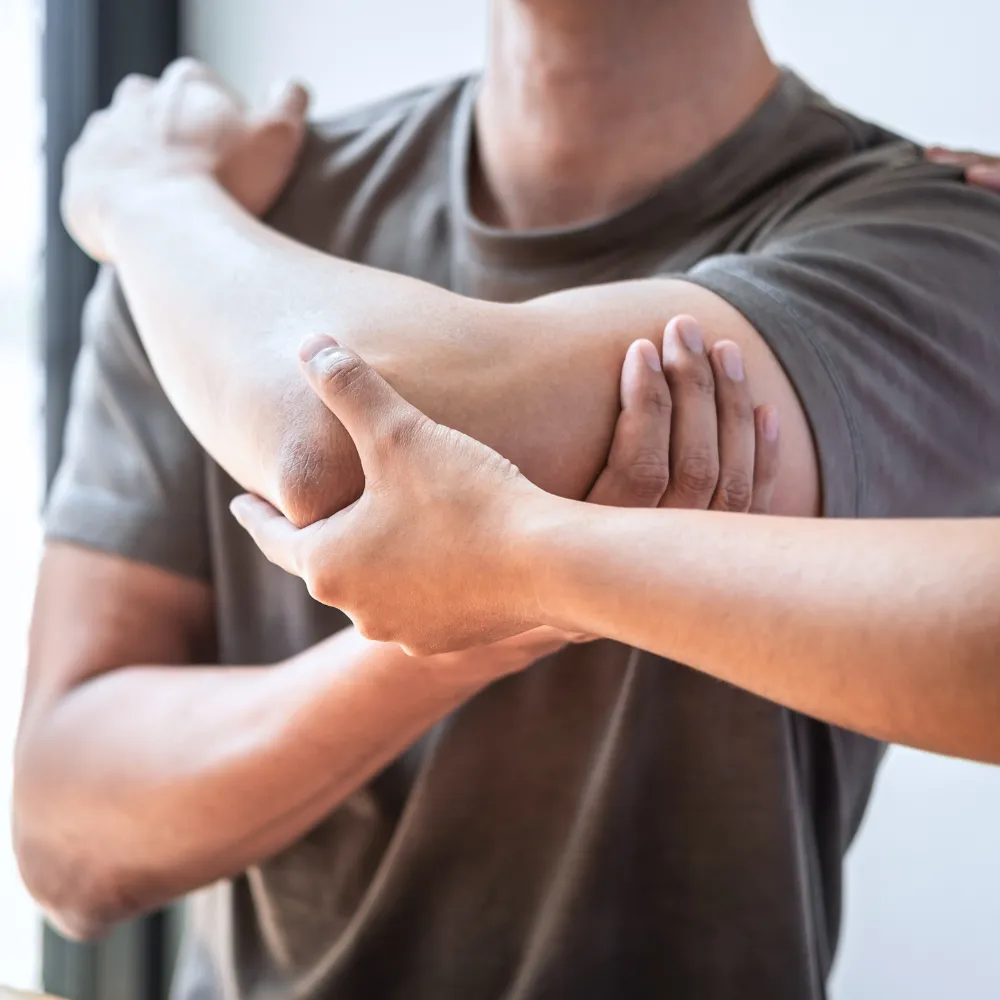
Personalized Care from Our Team
Our Proven 4-Phase Recovery Program

It can be frustrating and overwhelming when you’re in pain and don’t know where to turn for help. We identify the root cause of your pain and provide treatments like manual therapy and tailored exercises to reduce discomfort. Whether it’s knee pain, hip pain, or sciatica, our programs are designed to improve your symptoms in six visits or less.

We all know that reducing pain is important, but sometimes it’s hard to stay motivated after the initial relief. After reducing pain, we focus on improving your range of motion and strength. This phase includes exercises targeting common issues like shoulder injuries, ankle sprains, and neck pain to prevent future complications.

You’ve been sidelined by an injury and you’re eager to get back to your old self as soon as possible. It’s frustrating when you’re injured and can’t do the things you love. Sitting on the sidelines is hard, especially when everyone else seems to be moving on without you. That’s where our physical therapists come in. This stage focuses on helping you return to your daily activities or sports. Using advanced techniques and sports medicine principles, we ensure you regain your confidence and mobility.

You’ve just suffered an injury and the last thing you want to do is go through the pain again. It’s normal to feel concerned that the injury will occur again. Preventing future injuries is as critical as recovering from the current one. Through fall prevention training, flexibility exercises, and targeted plans, we help you maintain your progress long after treatment ends.
Success Stories & Testimonials
Meet Our Team

Jenny Chamoun
PT, CEAS

Ogechi Nwaneri
PT, DPT, CSCS
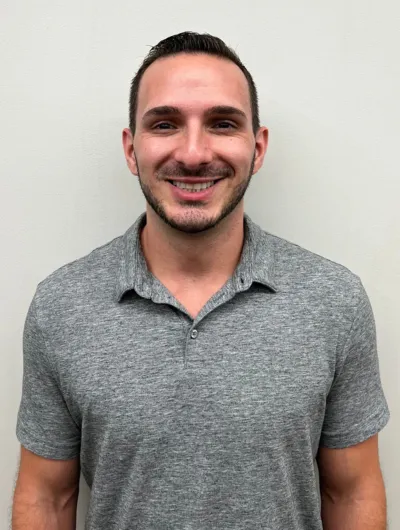
Andrew Simpson
PT, DPT, MA, CPT

Elizabeth Li
PT, DPT

Yoshihiro Miura
PT, DPT
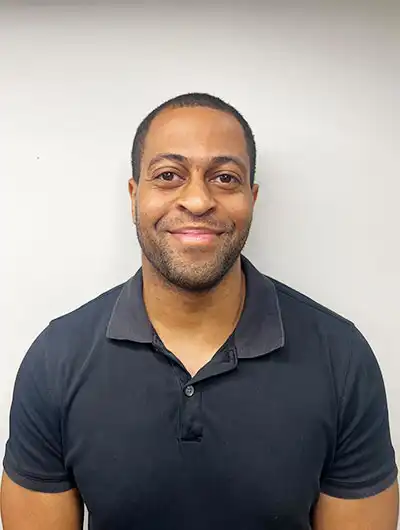
Charles Meyers
PT, DPT
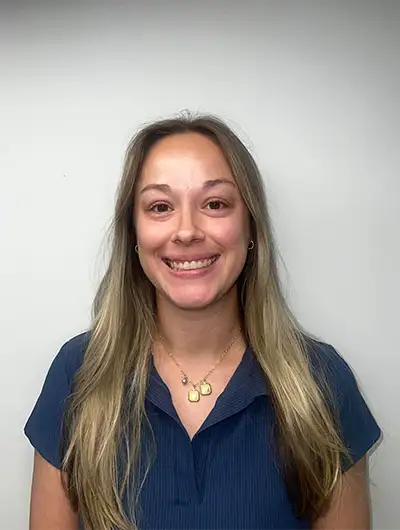
Danielle Willis
PT, DPT

Shoshana Halpern
PT, DPT
Treatments
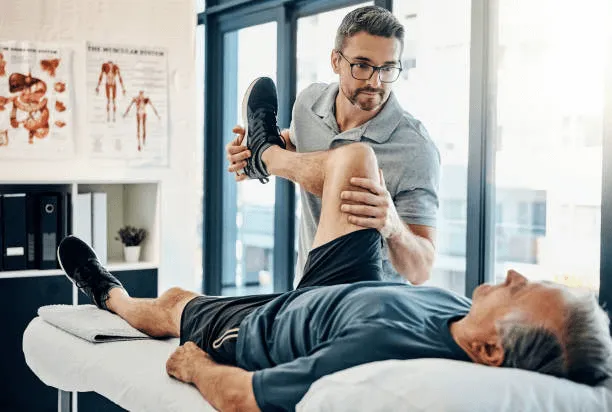
Maitland Approach
Welcome to Miccass Physical Therapy in Upper West Side, your destination for top-tier physical therapy solutions, including the renowned Maitland Approach. This manual therapy technique, celebrated for its efficacy in managing musculoskeletal..
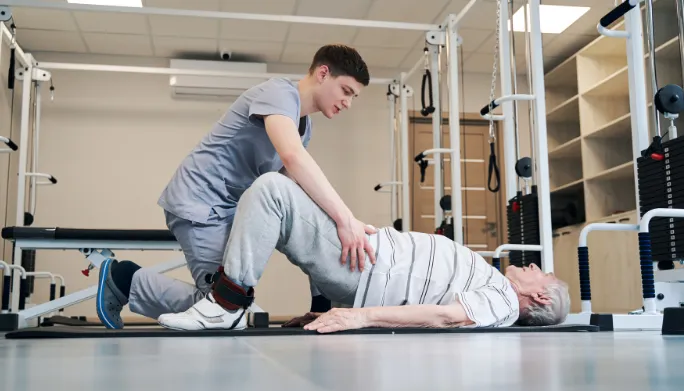
McKenzie Technique
We explore the transformative power of the McKenzie Technique—an evidence-based approach to physical therapy that emphasizes self-care and patient empowerment. The McKenzie Technique, also known as Mechanical Diagnosis and Therapy (MDT)..

Physical Therapy
Our licensed therapists leverage evidence-based therapies and advanced certifications to address orthopedic injuries, post-operative recovery, chronic conditions and complex neurological challenges. But what sets us apart is..
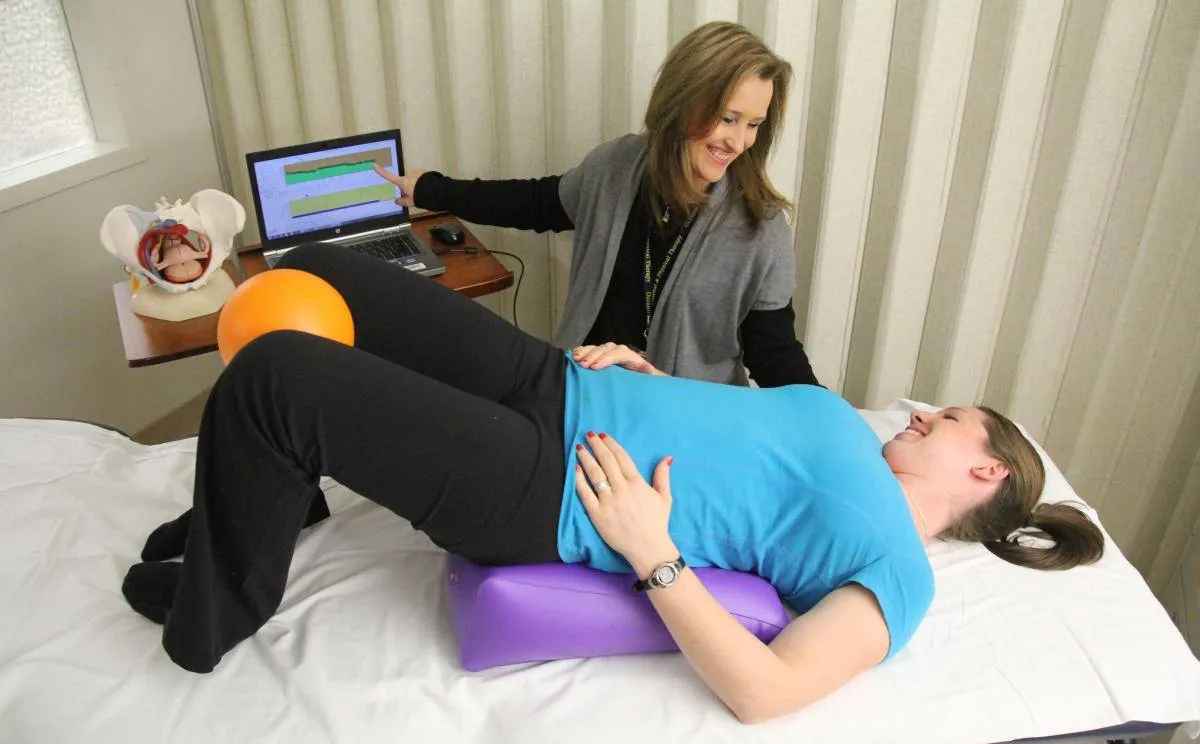
Pelvic Floor Therapy
If you’re experiencing discomfort, pain, or dysfunction in your pelvic region, you’re not alone. Millions of individuals, particularly those in Manhattan, face challenges with pelvic health that can affect their daily lives. At Miccass Physical Therapy..

Sports Rehab
Our degreed therapists work with athletes across disciplines to not only heal damage from trauma or overuse but enhance overall performance and longevity. Custom interventions blend manual therapy..
-
Share your experiences with us, whether it’s low back pain, hip pain, or a sports injury.
-
Receive a personalized recovery plan from our expert physical therapists.
-
Begin your journey to improvement with targeted exercises and pain management strategies.
-
Achieve your objectives and regain your flexibility, strength, and range of motion.


Our Physical Therapy Programs
Frequently Asked Questions
What should I expect during physical therapy sessions?
Physical therapy sessions typically involve an assessment of your condition, manual techniques to improve mobility and flexibility, individualized exercises and activities to help you reach your goals, education on how to prevent further injury or pain, and instruction on proper posture, body mechanics and other lifestyle changes.
Do I need a referral from my doctor before attending Physical Therapy?
In the state of NY, you are allowed to be treated by a physical therapist for up to 10 visits or 30 days (whichever comes first) without a referral.
What do I need to wear or bring with me?
You should dress in comfortable, loose clothing that allows you to move easily and doesn’t restrict circulation. Depending on your condition, your physical therapist may also recommend special shoes or a brace. You should also bring any paperwork related to your medical history, including x-rays, ultrasounds, and doctor’s notes.
Is there anything I can do before my appointment to prepare?
Yes! Make sure you arrive for your session well-rested so that you can give it your full attention and energy. It is also helpful if you keep track of how much pain medication (if any) you take prior to the appointment so that the physical therapist can adjust the intensity of treatment accordingly.
How long will my physical therapy sessions last?
Sessions typically last 30-60 minutes depending on your condition and the types of techniques used. Your physical therapist will give you an estimate when you first arrive for your appointment.
Will insurance cover my physical therapy?
It depends on your insurance plan. Most plans cover some or all of the costs associated with physical therapy, but you should check with your provider to determine coverage and any associated fees.
How often will I need to attend physical therapy sessions?
The frequency of visits will depend on your individual goals and condition, but typically it is recommended that patients attend 2-3 times per week for a minimum of 4-6 weeks in order to maximize results. Your therapist will provide more details during your initial appointment.
Will my physical therapist be able to answer any questions I have about my condition?
Yes! Your physical therapist should be available to discuss any concerns or questions you have regarding your condition or treatment plan. Don’t hesitate to bring up any issues that may arise during the course of therapy.
How will I know when I no longer need physical therapy?
Your physical therapist should be able to provide guidance on when it is appropriate to stop attending physical therapy sessions based on your progress, goals, and overall health status. It’s important to listen to your therapist and continue with treatment until they feel you are ready to move on.
Where is the best physical therapy near me in Upper West Side?
Miccass Physical Therapy is located at 246 Columbus Avenue in the heart of the Upper West Side, just steps from Central Park. We’re easily accessible by the 1, 2, 3 trains at 72nd Street station and multiple bus lines including M10, M11, and M79. Our clinic serves patients throughout Manhattan, including Upper West Side, Upper East Side, Midtown, and downtown neighborhoods.
Can physical therapy help my lower back pain?
Absolutely. Back pain is one of our specialties, and studies show 80-90% of patients with acute lower back pain improve significantly with physical therapy within 6 weeks. We treat herniated discs, sciatica, muscle strains, spinal stenosis, and chronic back pain using manual therapy, targeted exercises, and pain management techniques.
Can physical therapy help with headaches and neck pain?
Yes, many headaches are caused by neck tension, poor posture (common with desk jobs in Manhattan), and muscle imbalances. We treat cervical spine dysfunction, tension headaches, and neck pain with manual therapy and postural correction.
How soon after surgery should I start physical therapy?
This depends on your specific surgery, but typically within 1-2 weeks for most orthopedic procedures. Early mobilization generally leads to better outcomes and faster recovery.
Do you treat patients after knee replacement, hip replacement, and other major surgeries?
Yes, post-surgical rehabilitation is one of our specialties. We work with patients recovering from joint replacements, ACL reconstruction, rotator cuff repair, and other orthopedic surgeries.

